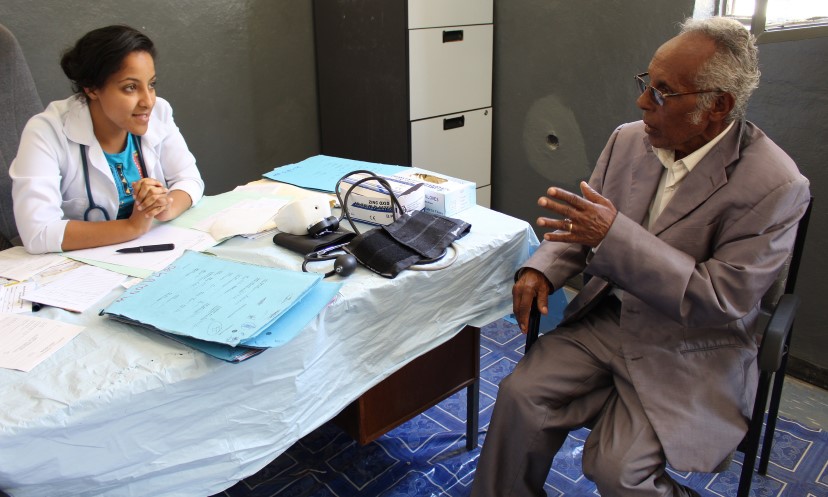Cash transfers and older people’s access to healthcare
This study documents how older people use cash transfers to access health services in situations where healthcare is limited and resources are scarce.

Download the report
Published: 2017
Author: Age International
Pages: 28
Methodology
Desk-based review of data and literature, qualitative research in four countries, small-scale quantitative survey in Mozambique.
Key findings
The study found evidence of cash transfers supporting older people’s access to healthcare, particularly by enabling older people to pay for transport to reach health services, and for the treatment itself.
‘We use cash transfers as transportation money to help us go to the hospital when sick. We also use it to buy drugs when we are sick.’ – Focus group participant | Tanzania
However, older people reported that the monetary value of the cash transfers was not enough to remove their concerns about seeking healthcare. They also talked about the significant challenges presented by low staffing levels, and the lack of health facilities and equipment.
‘[The health clinic] is too far for me to walk to. It takes a day to get there on foot and I don’t have enough money to go by bus.’ - Chaussauca, 89 | Mozambique
Policy recommendations
- Improve coverage and adequacy of cash transfers
- Ensure health entitlements and service delivery include older people
- Promote links between cash transfer programmes and other social protection and health promotion initiatives
- Ensure age-disaggregated data and evidence on older age, social protection and health at all ages is available
 Follow us on LinkedIn
Follow us on LinkedIn
Stay up to date with the latest news, publications and features
